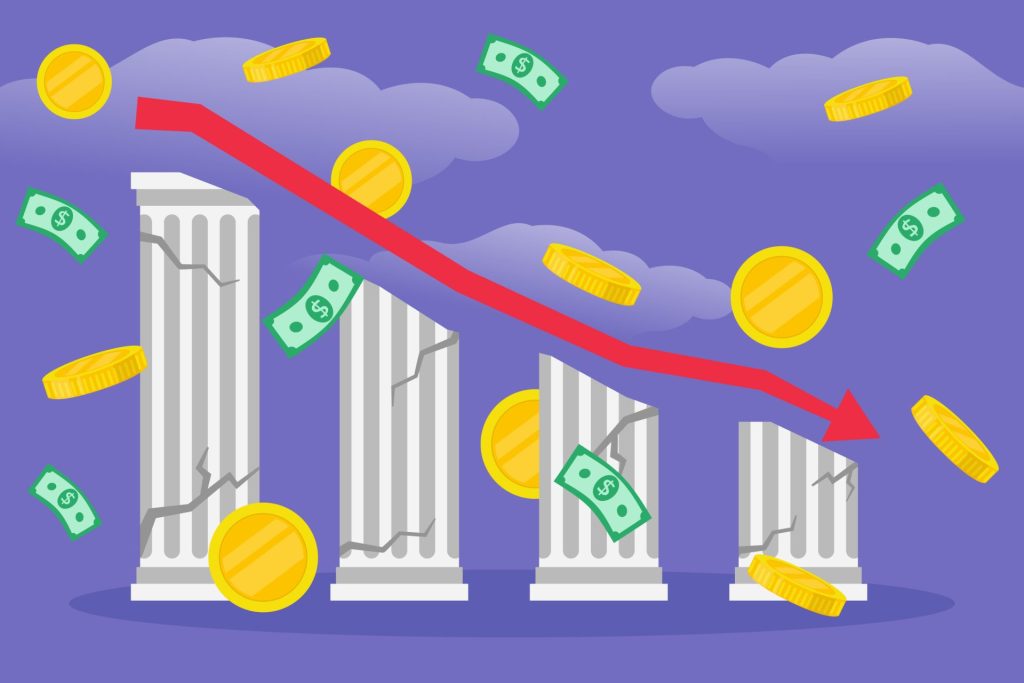
What Is DCA (Dollar Cost Averaging)? A Beginner-Friendly Investment Strategy Explained
Markets are unpredictable. One day they surge, the next they drop without warning. For new investors, this can feel like stepping into chaos. Dollar Cost Averaging, or DCA, offers a way to invest without getting pulled into the drama. Instead of trying to guess the perfect moment to buy, you invest small amounts regularly. It’s steady, low-stress, and easier to stick with.
This method is popular among long-term investors in both crypto and traditional finance because it encourages consistency and keeps panic out of the equation.
What Is Dollar Cost Averaging?
DCA means investing a set amount of money at regular intervals, no matter what the price is at the time. You’re not aiming to time the market. You’re building a routine.
Say you put one hundred dollars into Bitcoin every Monday. When prices are low, you get more Bitcoin. When prices are high, you get less. Over time, this spreads out your cost and helps avoid the mistake of buying everything during a spike.
How DCA Works in Practice
Start with an amount that fits your budget. Decide if you want to invest weekly, monthly, or on another regular schedule. DCA works with many types of investments: crypto, ETFs, stocks, or mutual funds.
Plenty of platforms let you set up automatic purchases. You can also do it manually if you prefer to stay more involved.
Why Use DCA?
- It removes the pressure of perfect timing. You follow your plan, not the headlines.
- It keeps you consistent. Small, repeated steps build up over time.
- It cuts down on emotional decisions. You’re not reacting to every move in the market.
- It smooths out your buying price. You avoid putting all your money in at a peak.
- It’s accessible. You don’t need experience or special knowledge to get started.
DCA Compared to Lump Sum Investing
Lump sum investing means putting all your money in at once. It can pay off if the market climbs right after, but the risk is higher. If prices fall right after your buy, you feel the full impact.
DCA spreads out your risk. It’s useful when you don’t feel confident about timing or when markets are unstable. It also works well if you’re investing from your paycheck bit by bit.
Where People Use DCA
- Buying crypto over time instead of trying to catch dips.
- Regular contributions to retirement accounts like a 401(k) or IRA.
- Slowly building a savings portfolio from monthly income.
- Taking advantage of bear markets without risking a large lump sum.
What to Watch Out For
- In a strong bull market, DCA may lead to lower returns than investing everything early.
- It doesn’t protect against losses. The market might stay down longer than expected.
- You need to stick with it. Skipping scheduled investments weakens the strategy.
- Frequent buys can come with extra fees, depending on the platform you use.
How to Start with DCA
- Choose what you want to invest in.
- Decide your investment amount and schedule.
- Use a platform that allows recurring buys or set reminders to do it manually.
- Check in on your progress occasionally, but don’t react to every price change.
Tips to Stay on Track
- Keep going even when prices move sharply up or down.
- Pick investments you believe will hold value over time.
- Review your plan now and then, but don’t let emotions guide changes.
- Use DCA as part of a broader investment approach, not your only strategy.
DCA isn’t about timing or chasing returns. It’s about showing up consistently and letting time help your investments grow. For beginners and experienced investors alike, it offers a practical way to invest without overthinking every move.